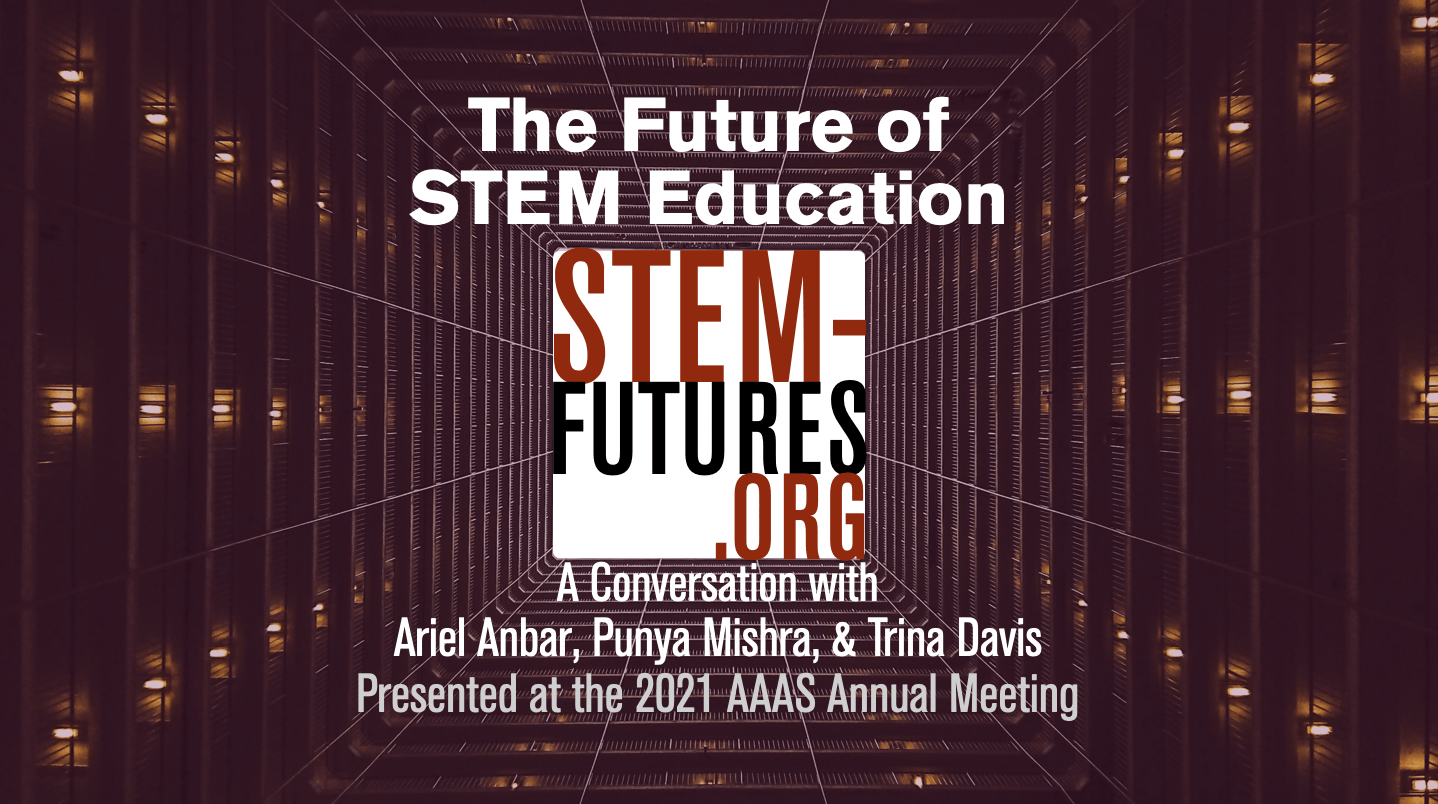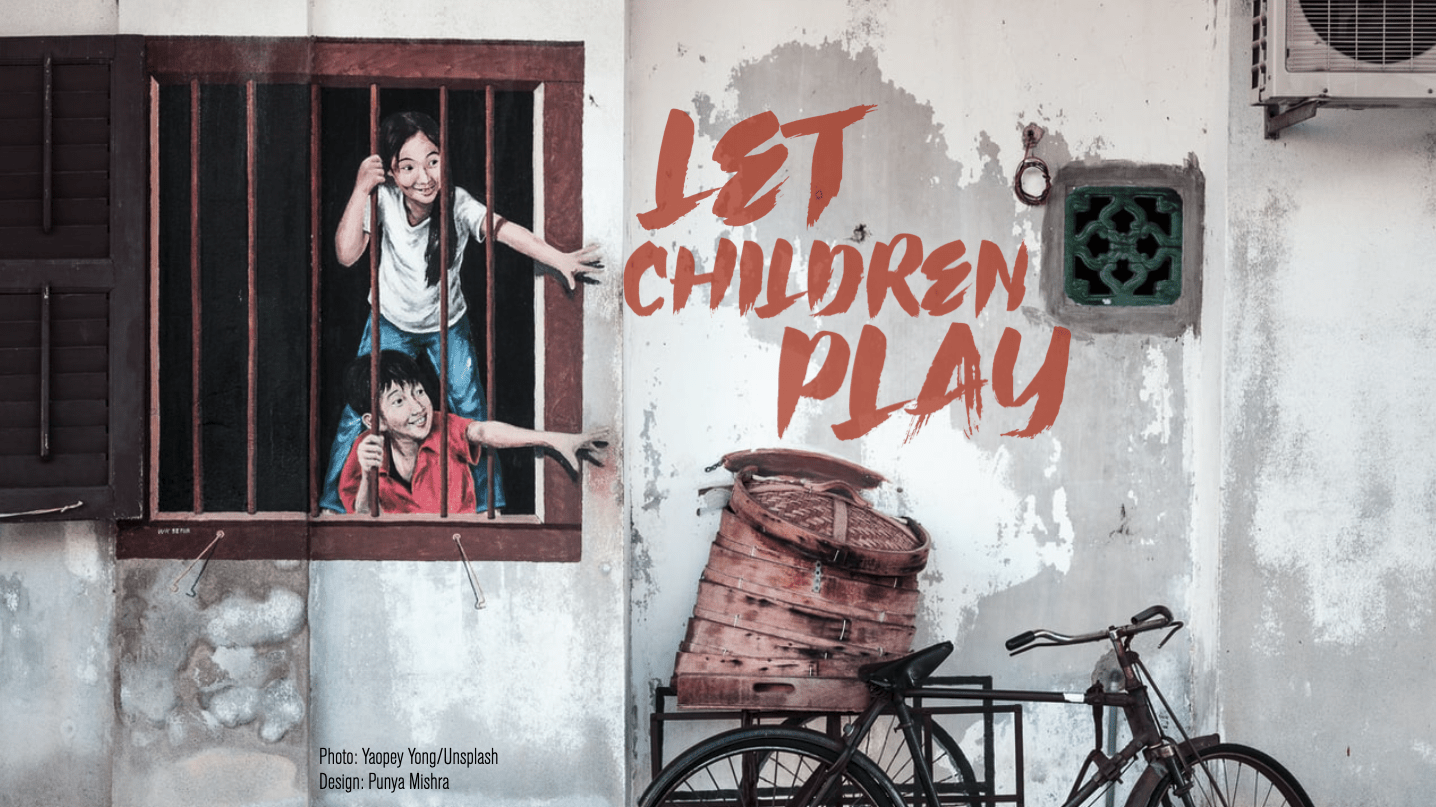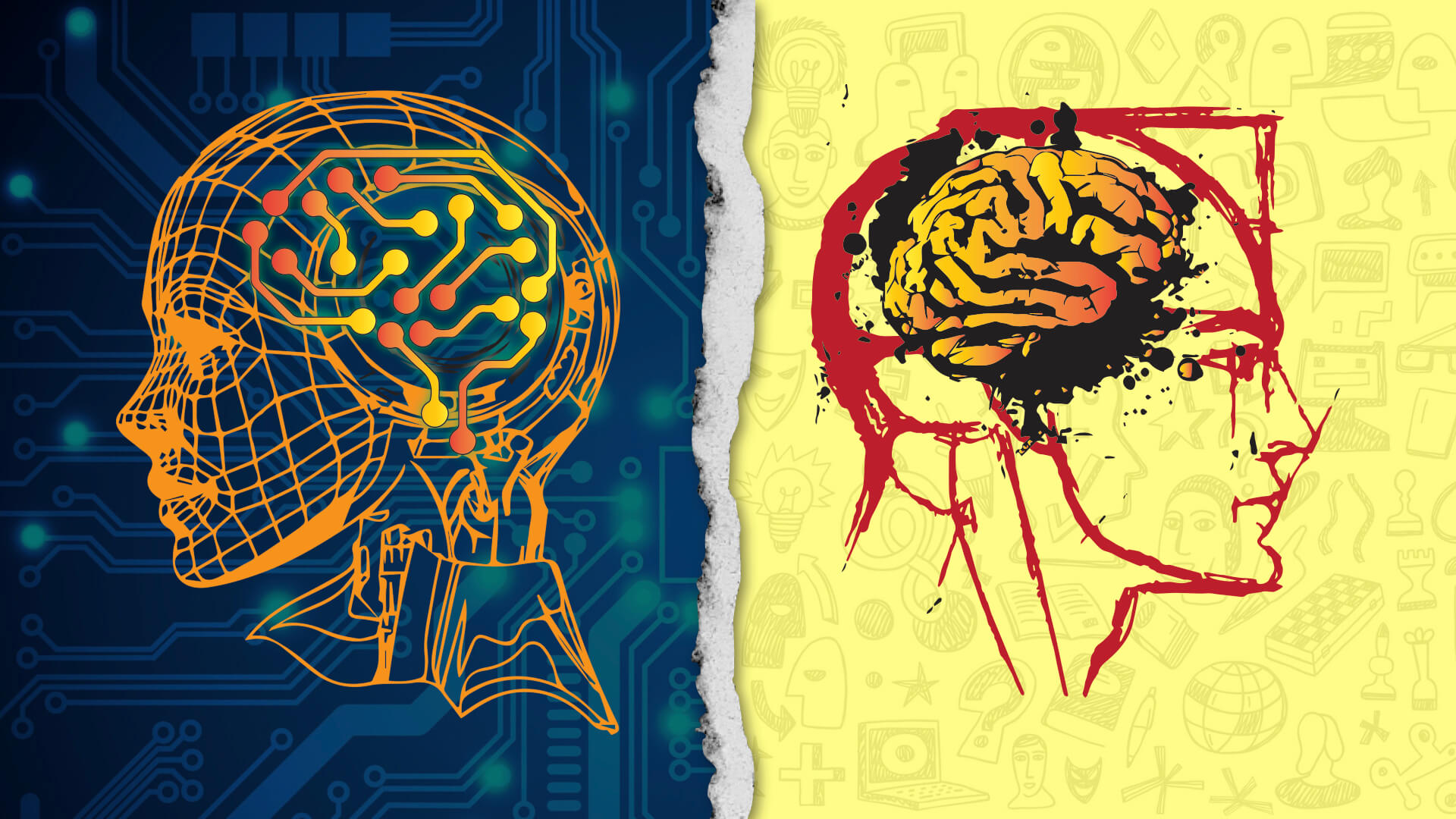The Journal of Teacher Education just came out with a special theme issue devoted to innovative uses of technology for teacher learning. The editorial for the special issue frames the issues strongly in terms of the TPACK framework, building on the work Matt Koehler and I presented in TCRecord (back in 2006), as well as the chapters in the TPACK Handbook (and our introductory chapter). The complete reference is as follows:
Borko, H., Whitcomb, J., & Liston, D. (2009). Wicked Problems and Other Thoughts on Issues of Technology and Teacher Learning. Journal of Teacher Education. 60(1), 3-7.
Note: I am not uploading the pdf here, for obvious reasons, but if you don’t have access to the electronic version of the journal, let me know and I can send it to you.
Here is a key quote from the editorial:
Another avenue for exploration… is the knowledge and skills that teachers must have to use technology effectively in their teaching. This question is on the minds of policy makers, practitioners, and scholars alike. The recently published Handbook of Technological Pedagogical Content Knowledge (TPACK) for Educators (AACTE Committee on Innovation and Technology, 2008) also pushes the field forward. A central premise of the handbook is that TPACK is the key to successful curriculum-based technology integration. Two years ago, Mishra and Koehler (2006) introduced TPACK to the educational community—a compelling conceptualization of the unique knowledge teachers need to develop to embed technology in their instructional practice so that it fosters student learning. They argued that thoughtful pedagogical uses of technology require TPACK and that the development of TPACK by teachers is critical to effective teaching with technology. They further develop this argument in their introductory chapter for the handbook, providing a conceptual framework that extends Shulman’s (1986) conceptualization of the domains of professional knowledge for teaching into the realm of technology integration. The concept of TPACK is described as the domain of teacher knowledge that lies at the intersection of three major components of learning environments: content, pedagogy, and technology.





Dear sir,
How do you do?
I would like to get a copy pdf file of
Borko, H., Whitcomb, J., & Liston, D. (2009). Wicked Problems and Other Thoughts on Issues of Technology and Teacher Learning. Journal of Teacher Education. 60(1), 3-7.
could I?
Thanks
Regard.